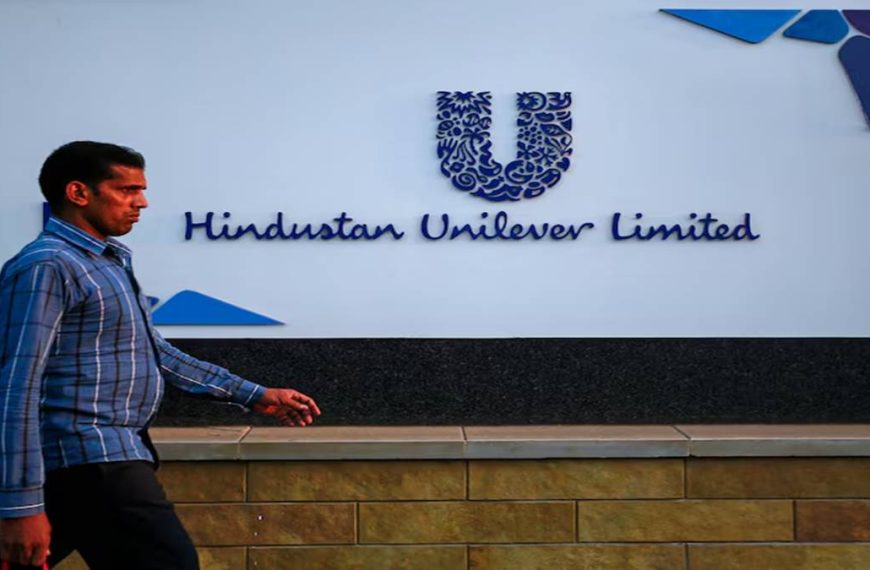Indian IT stocks are facing renewed pressure as concerns about a potential recession in the United States intensify. This unease follows President Donald Trump’s recent announcement regarding extensive "reciprocal tariffs" affecting more than 180 countries. Since the U.S. is a vital market for Indian IT services, any economic slowdown there could severely impact growth in the sector.
Analysts Warn of Significant Downturn
Kotak Institutional Equities has issued a stark warning regarding the Indian IT landscape. They project that if the global economy falls into a recession due to these tariffs, Indian IT stocks could see a decline of 19 to 38 percent from current levels. The Nifty IT index experienced a slight recovery, gaining 1.7 percent in today’s trading session, but this comes after a troubling three-day period where the index plummeted over 10 percent.
- Yearly Decline: The Nifty IT index has dropped more than 7 percent over the past year.
- Recent Trends: April alone has seen a 10 percent dip, marking the fourth month in a row of losses, following a 12.5 percent fall in February and a 1.5 percent decrease in January.
Challenges Ahead for IT Companies
Kotak’s report suggests that the Indian IT sector may not experience a rebound like it did during previous economic downturns in 2009 and 2020. Unlike those events, which drove growth through outsourcing and a rush toward digitization, there lacks a clear opportunity for a similar recovery this time.
Expectations for Revenue Growth
In a base-case scenario that assumes no recession but a slowdown, the expected revenue growth for leading companies such as Tata Consultancy Services (TCS), Infosys, and HCL Tech is projected to be just 3.7 to 4.5 percent for FY27E. This modest growth is likely to come from cost optimization and minor recoveries in discretionary spending, which will be countered by pricing pressures due to AI-driven automation and ongoing cost controls.
Margin Pressures on the Horizon
Margins for large-cap IT firms are expected to face significant strain. Kotak forecasts an EBIT margin contraction of 90 to 140 basis points during FY26–27. Factors contributing to this include weak pricing, fading support from rupee depreciation, and the exhaustion of traditional margin-enhancing strategies. Notably, Tech Mahindra may experience a more pronounced margin decline than its competitors.
Safer Bets in a Turbulent Market
Among the major IT players, Kotak identifies TCS as having the least risk of downside, followed closely by Infosys, HCL Tech, and Coforge. Conversely, mid-tier companies such as Persistent Systems and Mphasis are deemed more vulnerable to earnings and valuation corrections.
- Potential Outcomes: Firms capable of gaining market share through vendor consolidation or large contract renewals may stabilize at better valuations. However, the forecast still indicates a 19–24 percent decline for large-cap firms and 21–35 percent for mid-tier companies over the next year.
- Revised Valuations: Kotak has adjusted its price-to-earnings (PE) ratio expectations, predicting they will bottom out between 15–18x for Tier-1 companies, resulting in a 22–38 percent reduction in target prices.
Conclusion: Caution Advised for Investors
The aggressive tariff policy from the Trump administration has added a new layer of uncertainty to India’s IT sector, which is already grappling with a global slowdown. While major players like TCS and Infosys may navigate these challenges relatively well, the broader IT market faces the risk of significant valuation drops if recessionary trends materialize. Investors should proceed with caution, as the combination of pricing pressures, margin constraints, and limited recovery opportunities could weigh heavily on the sector’s short-term outlook.











